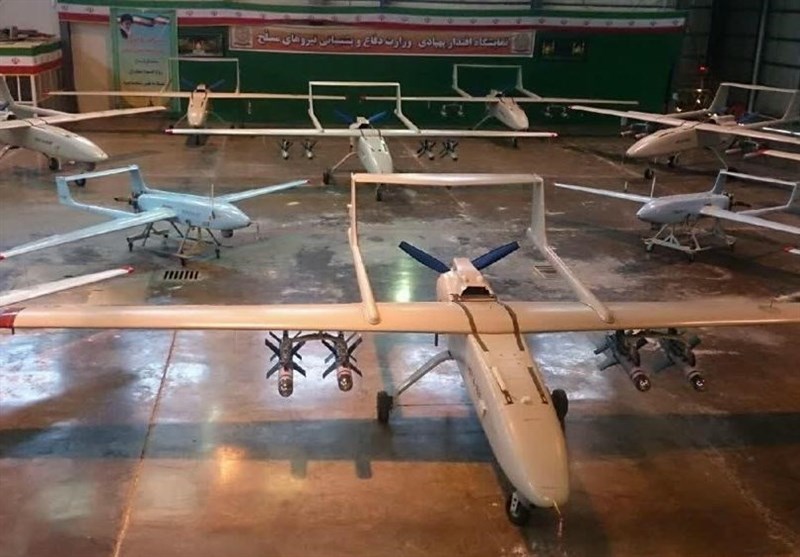According to the nuclear deal—the JCPOA— as well as the United Nations Security Council Resolution 2231, Iran’s arms sanctions were lifted after five years of the implementation of the JCPOA on 18 October 2020. This termination happened in spite of unprecedented massive efforts by the US government to prevent the lifting of this embargo. And that constituted one of the biggest fiascos of Donald Trump administration. Now that these anti-Iran sanctions have been terminated, how it can impact the military capabilities and economic foundation of the Islamic Republic of Iran? This could be answered and interpreted in two parts; when it comes to the import of arms, as already indicated by the Minister of Defense, General Hatami, Iran is seeking to purchase items especially items required to renovate its fighter jet fleet and air force. And these items are going to be bought from countries such as Russia and China. In addition, the Islamic Republic of Iran would normally try to strengthen the foundation of its armed forces and help fill the probable void and shortfalls given that sanctions have been terminated. Of course, it seems that consultations and negotiations are already underway as senior Iranian military officials have already begun commuting to countries such as China and Russia waiting only to reach to the day of termination of Iran’s arms embargo.
However, the other dimension of this termination is also noteworthy as the Islamic Republic of Iran, during the past several decades and under arms embargo, has made extensive efforts to develop its domestic capabilities in terms of designing, manufacturing and developing all types of land-based, air-based and marine-based military items and arms as well as sensors, radars, missile platforms, missiles, vehicles, fighter jets, submarines, combat vessels, armored vehicles and artillery and many other items which are home-grown and unique in the world. As Iran is basically under sever global boycott in terms of the supply of arms, equipment, materials, spare parts and devices used in military production, it has mobilized all its capacities and capabilities to remain advanced in this respect and this is commendable.
In the meantime, given the development of home-grown capabilities in designing and producing weaponry and their application and testing in the battle ground, we see many countries expressing interest in purchasing weaponry and arms made in Iran. One of such distinguished weaponry is drones designed and manufactured by Iran from the beginning of the imposed war which have now made rapid progress.
Now Iran is manufacturing and utilizing in action the smallest to largest drones with propeller or jet engines. The performance of these domestically-produced drones has been tested in many war games and battlefields. As a result, and with confidence, drones are one of the main items other countries are interested in buying from Iran.
Also, the Islamic Republic of Iran has made numerous progress and accomplishments during the past decades in designing and manufacturing all types of light, semi-heavy and heavy weaponry. For example, Iran is now producing Aras combat vehicles, all types of anti-tank missiles and platforms and light and semi-heavy military equipment and arms which could attract a good market outside of the country, bringing foreign exchange resources for the country. In addition, the export of arms by Iran is also significant in promoting its position and politics at the regional and international levels; therefore, Americans have some concerns about the efforts of Iran to purchase modern weaponry from abroad; however, more serious concern of the US about the expiration of arms sanctions against Iran, which has been undermentioned in the outlets, is that Iran is now able to, legally and openly, export weapons. And that is a serious and sensitive blow to Washington and its regional allies.










0 Comments